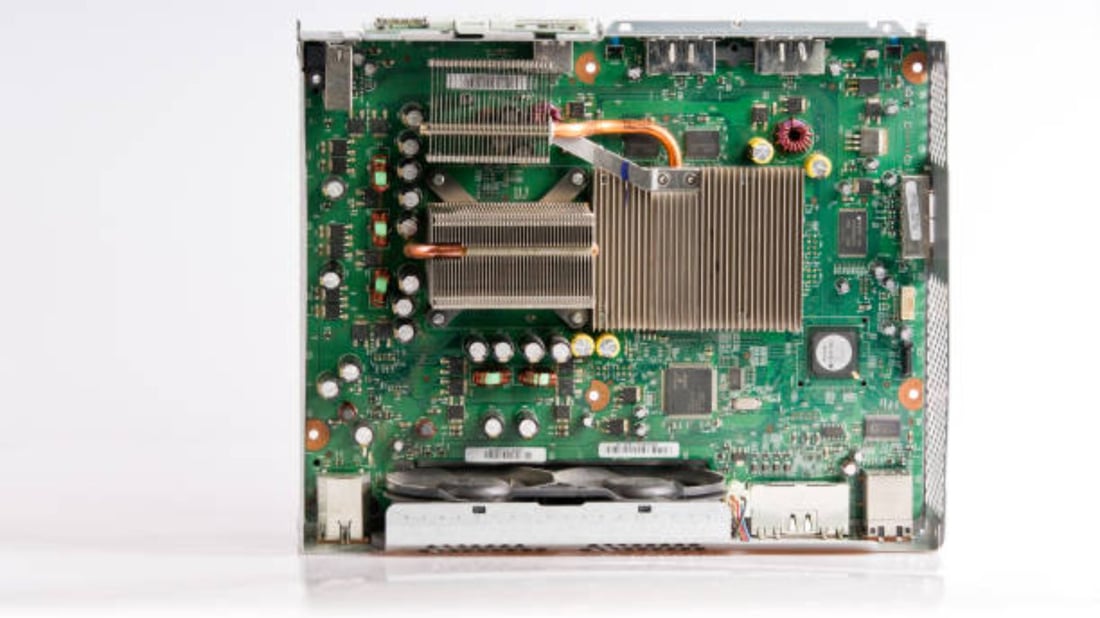Importance of Heat Sink Orientation
When it comes to computer hardware, heat management is crucial for optimal performance. Heat sinks play a key role in dissipating heat from electronic components. But does the orientation of a heat sink really matter?
Vertical vs. Horizontal Orientation
The orientation of a heat sink can impact its efficiency. A vertical orientation allows for better natural convection, while a horizontal orientation may benefit from improved airflow from fans.
Heat Sink Design Factors
The design of a heat sink, such as fin density and material, can also influence the importance of orientation. Some heat sinks are specifically designed to work best in a particular orientation.
Effect on Thermal Performance
The orientation of a heat sink can affect the thermal performance of a system. Improper orientation may lead to inadequate heat dissipation, causing components to overheat and potentially fail.
Optimal Heat Sink Placement
For maximum efficiency, it is essential to install a heat sink in the correct orientation based on the airflow and design of the system. Improper placement can lead to thermal issues and reduced performance.
Practical Considerations
When installing a heat sink, factors such as available space, component layout, and airflow patterns should be taken into account. These considerations can help determine the best orientation for optimal heat dissipation.
Impact on System Stability
Heat sink orientation directly impacts the stability and longevity of electronic components. Proper orientation ensures that components operate within safe temperature ranges, minimizing the risk of damage.
Testing and Validation
To determine the impact of heat sink orientation, testing and validation are essential. Thermal imaging and temperature monitoring can help evaluate the effectiveness of different orientations in real-world conditions.
Industry Recommendations
In the electronics industry, there are recommended guidelines for heat sink orientation based on the specific application and system requirements. Following these guidelines can help ensure reliable performance.
Conclusion
In conclusion, heat sink orientation does matter when it comes to thermal management in electronic systems. By considering factors such as design, placement, and airflow, optimal orientation can be achieved for maximum heat dissipation and system stability.
Quote Inquiry
Contact us!

